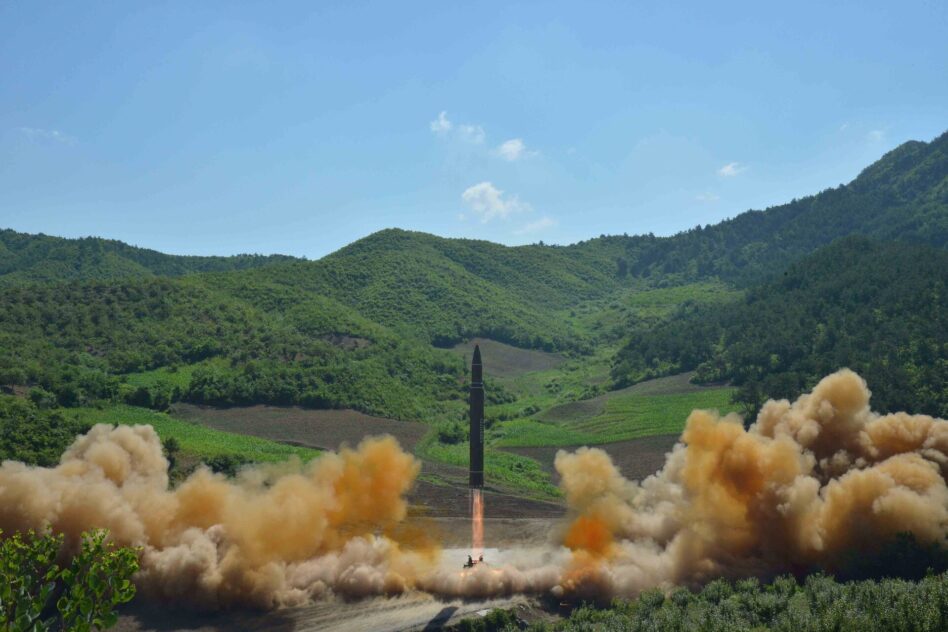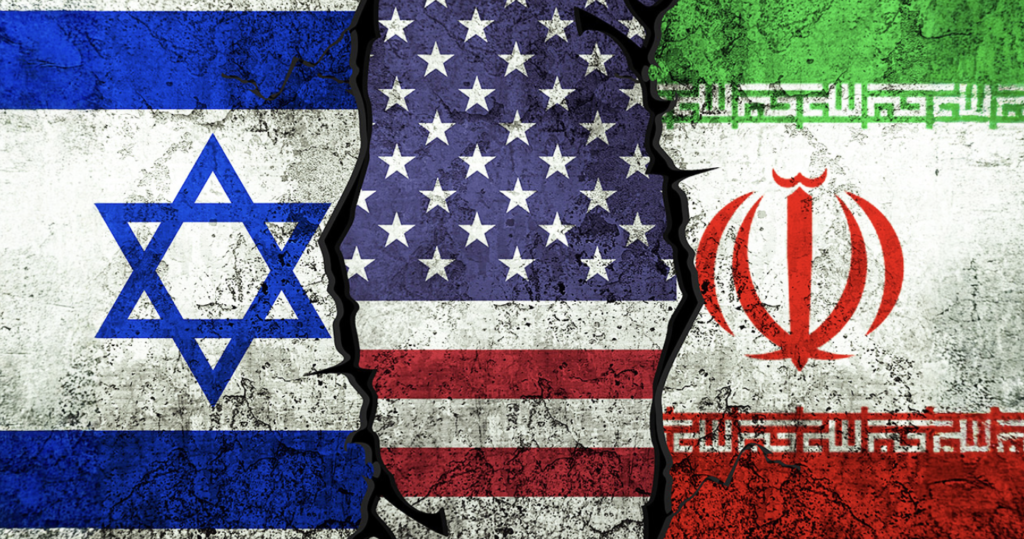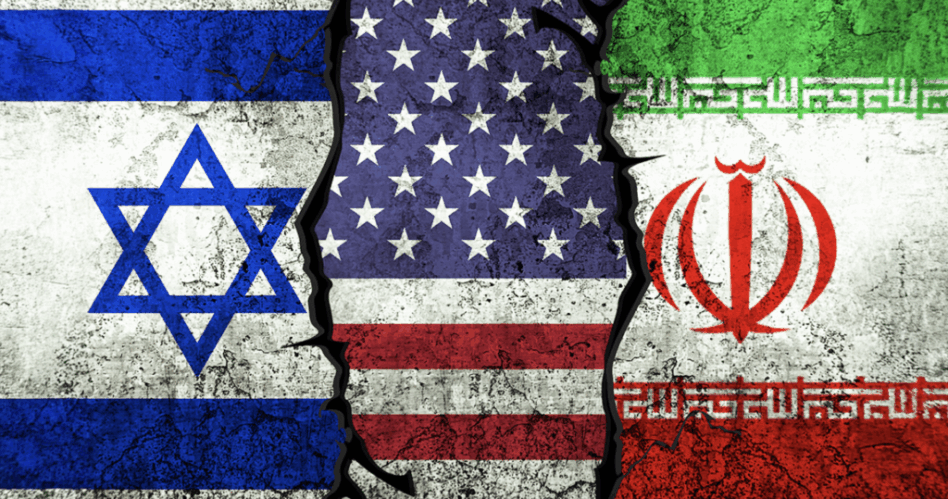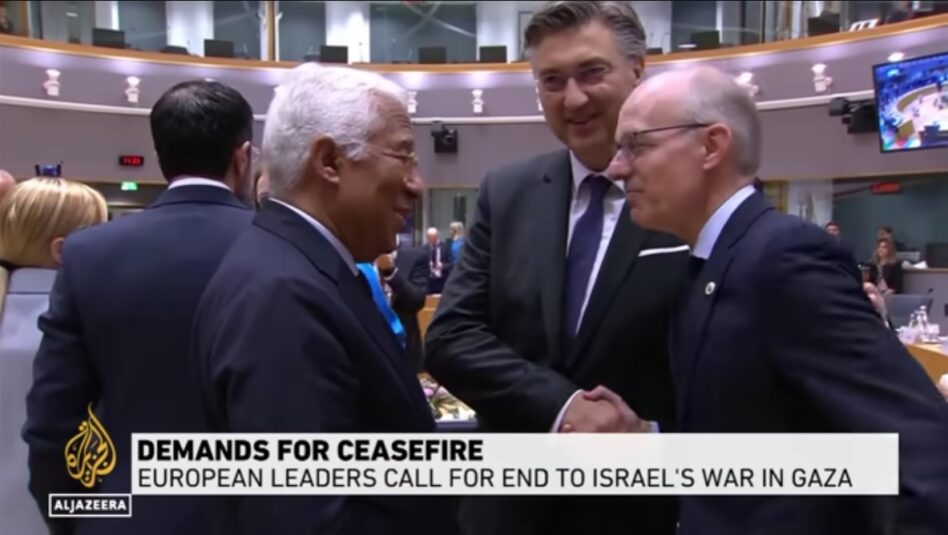THE world once again watched in alarm as the United States (US) launched military strikes against Iran, citing concerns over its nuclear weapons development.
The international reaction has been largely cautious, with many nations urging diplomacy over aggression. But for those who remember the early 2000s, this latest development feels eerily familiar.
History, it seems, is repeating itself and the lessons of the past remain unheeded.
In 2003, the US, backed by Britain, Australia and other allies, invaded Iraq under the claim that Saddam Hussein possessed weapons of mass destruction (WMDs). That assertion was later proven to be false.
No WMDs were ever found, and the war, arguably based on a fabricated premise, led to the deaths of hundreds of thousands of Iraqis, destabilised an entire region, and fuelled a generation of extremism.
Yet, two decades later, not a single senior figure from the US or Britain faced civil or criminal liability. No tribunal, no sanctions, no legal consequences for initiating what some international law experts have labelled a ‘crime of aggression’.
The architects of the war continued their careers, published memoirs, gave lectures, and disappeared into quiet obscurity. Justice, for Iraq and for the world, was never served.
Now, the same narrative is playing out with Iran. Allegations of nuclear weapons development, despite Iran’s repeated insistence that its nuclear program is civilian in nature, are being used to justify military action.
Meanwhile, the same countries that invaded Iraq with righteous fury remain silent about North Korea, a nation that has not only developed nuclear weapons but has conducted multiple missile tests aimed at showcasing its long-range strike capabilities.
North Korea’s Hwasong-14 and -15 missiles, launched in 2017, demonstrated potential range to strike US territories.

As recently as 2024, North Korea conducted mock nuclear warhead launches and fired dozens of short-range ballistic missiles in defiance of US-South Korean military drills. Despite these provocations, the US has refrained from military strikes. Why the double standard?
The answer may lie in geography, risk, and resources. North Korea, while dangerous, does not sit atop vast oil reserves. It is also bordered by China, a military and nuclear superpower, making any aggressive miscalculation potentially catastrophic.
Iran and Iraq, on the other hand, are oil-rich nations located in a region where the US has long sought influence through both diplomacy and force.
Control of oil routes, access to resources, and support for regional allies like Israel and Saudi Arabia have all contributed to the Middle East being a frequent target of Western military interventions.
But what is often overlooked in this calculus is the human and cultural cost of these interventions.
Iraq is not just a battlefield: it is Mesopotamia, the cradle of civilisation, home to some of the world’s earliest writings, laws, and cities.
Iran is not merely a “nuclear threat”: it is Persia, a land of poets, scientists, and empires that shaped human history. To reduce these nations to talking points in a geopolitical chess game is to insult their legacy and ignore their potential.
If we continue to allow military might to dictate global norms without accountability, we not only erode the principles of international law, we risk destroying civilisations that have enriched humanity for millennia.
The world deserves better than a system where power excuses everything and history is rewritten by the victors.
The cradle of Mesopotamia, the gardens of Persia, the philosophies, the poetry, the science—these are not threats. They are treasures. And if they are lost, it will not be the fault of tyrants alone, but of those who stood by while empires masked greed as justice.
Let us finally hold to account those who manipulate truth to justify violence. If the West is sincere in its pursuit of justice, it must understand that peace is not imposed; it is earned through humility, restraint, and the courage to see others as equals. ‒ June 27, 2025
Dr Sheila Ramalingam is the Deputy Executive Director of UMLEAD, International Institute of Public Policy and Management (INPUMA), and Senior Lecturer, Faculty of Law, Universiti Malaya.
The views expressed are solely of the author and do not necessarily reflect those of Focus Malaysia.
Main image: Reuters









